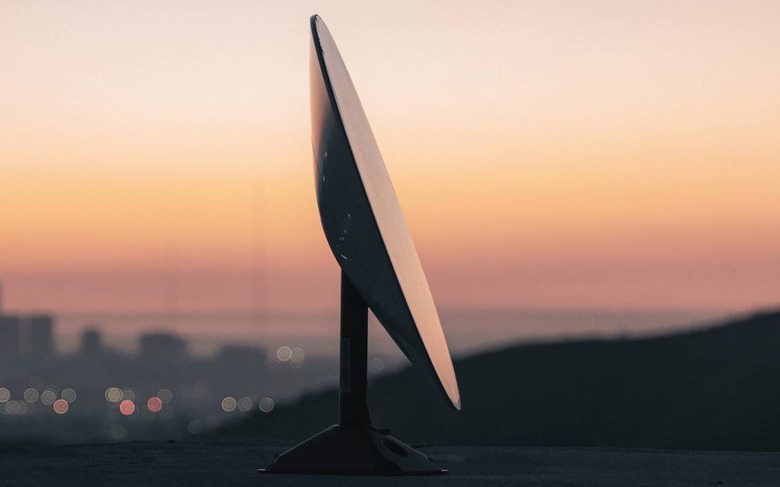Elon Musk Shares Starlink's Expansion Roadmap - SpaceX Readies More Beta Invites
SpaceX's Starlink satellite internet service is aiming to add "several thousand more" beta participants, with Elon Musk dropping fresh details about plans for the high-tech network. The focus of more than a dozen SpaceX launches, Starlink relies on a growing constellation of satellites orbiting the Earth, with specially-designed terminals on the ground using them to get online.
It seemed, even for Musk, a little far-fetched to begin with. However SpaceX has proved aggressive in its roll-out, with around sixty Starlink satellites being deployed in each mission. Although the company has been taking expressions of interest for some time now, it only opened up to closed beta users recently.
For $499, they get a terminal package to communicate with the constellation. Key to that is a self-orientating dish, which links via a cable to a WiFi router. Beta participants pay $99 per month, though SpaceX warns that service may not be uninterrupted given the satellite deployment is still a work-in-progress.

The big question has been when more users would be brought online, something Musk discussed on Twitter this week. "Several thousand more Starlink beta participation invitations going out this week," the SpaceX chief said, then fielded multiple queries about the program.
Lower-latitude states, such as Florida, will have to wait until the constellation has more satellites in position, Musk explained. That probably won't be until January, assuming SpaceX's launch schedule goes to plan. As for European users, that will depend on country by country approval, something which Musk predicted could start from around February or March of 2021. India could be around the middle of 2021.
As for the hardware, that's another challenge – and something SpaceX is still refining. "Right now, it takes about 5 mins to set up," Musk tweeted, "but, with future improvements, probably less than 3 mins. No technical knowledge needed. Just point at open sky & plug in!"
The $499 price for the initial hardware is also a focus. "Lowering Starlink terminal cost, which may sound rather pedestrian, is actually our most difficult technical challenge," Musk shared.
Still, while we may be far from a general launch for Starlink, early impressions have generally been glowing. One beta user gave a run-down recently of their experience with the system while out in the wilderness, reporting speeds of up to 120 Mbps and support for 1440p or even 4K video streaming without buffering. SpaceX, for its part, has cautioned beta subscribers to expect speeds in the region of 50-150 Mpbs as the service evolves.
